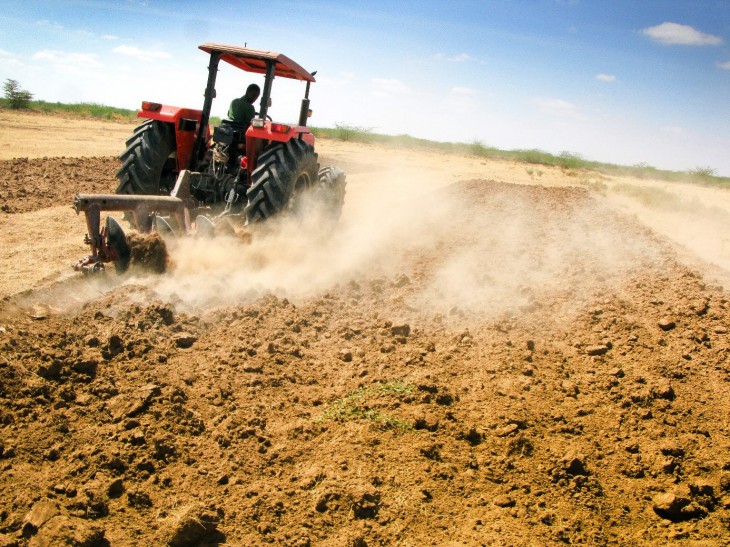Somalia has announced the sum of $10 million dollars to fight the effects of climate change and accelerate adaptation initiatives.
President Hassan Sheikh Mohamud said this while delivering a national statement at the launch of the Great Green Wall (GGWI) initiative in Somalia’s capital, Mogadishu.
The GGWI is a Pan-African flagship programme of the African Union, established in 2007.
The program aims at tackling desertification, climate change and loss of biodiversity through a broad belt of green projects from the Sahel to the Horn of Africa.
“Somalia’s succession to the Great Green Wall Initiative is a significant milestone in our country’s commitment to addressing climate change and environmental degradation that has caused so much suffering to our people,” said President Mohamud.
He noted that through his administration the funding will be part of Somalia’s allocation from the adaption fund in collaboration with the International Fund for Agricultural Development.
Great Green Wall
Following the launch, Somalia becomes the latest member state of the African Union to join the GGWI which already boasts of 36 countries from the Sahara, Sahel, Horn of Africa and Southern Africa drylands.
The program is set to boost President Mohamud’s, ‘Regreening Somalia’ Initiative launched in October 2022 to plant more than 10 million trees.
GGWI will also go a long way to solving the climate challenges facing Somalia and help combat cycles of devastating droughts in the country.
Citing the impact of climate change across the world, representative of the Chairperson of the African Union and Head of ATMIS, Ambassador Mohamed El-Amine Souef said the Mission will continue to support the FGS in its efforts to regreen the country.
In addition, ATMIS has resolved to integrate environmental issues in all its operations.
This is in line with the commitment of ATMIS and United Nations Support Office in Somalia (UNSOS) during the 23rd session of the Assembly of the International Renewable Energy Agency held in Abu Dhabi at the beginning of the year.
Through GGWI, the African Union hopes to restore a total of 910 million hectares of degraded land by 2063.
At the same, it has a midterm vision of restoring 100 million hectares of land, sequester 250 million tons of carbon and create 10 million green jobs by 2030 across the Sahel region and drylands of the continent.

